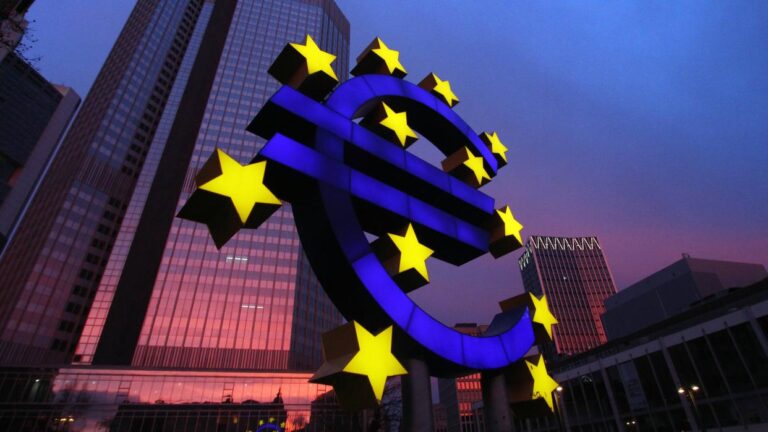
Early Morning UK Trading
Discussion and Analysis by Charles Porter:
Sterling has opened high once again this morning. Since the start of the month, sterling has gained value, now reaching the highest rate against the Dollar for over one year. Sterling now trades around the value it did in the immediate aftermath of the Brexit decision. We analyse why and whether this is sustainable, grappling with the early morning trading prospects of today.
Sterling rose strongly across the board yesterday on the back of lofty inflation statistics. We published a two-part article examining the relationship between exchange rates and inflation with particular attention to the dynamics behind Sterling currency pairs. Whilst the revaluation of Sterling is logically explicable, its longevity must be questioned, at least for the immediate future.
The inflation rate spurred an increase in Sterling-based exchange rates in anticipation of the emergence of a more hawkish monetary policy decision from the Bank of England on Thursday. However, an obstacle to a more divisive or even hike-favouring vote will arise today. Later this morning, UK employment statistics will be released. Crucially, average earnings and the rate of wage growth will be discernible from the data.
The Bank is unlikely to vote in favour of a rate-hike if wage growth remains low. This is because the real income of UK citizens would likely be suppressed further, generating a headwind over the short-medium run for employees and consumers alike. Therefore, price inflation concerns may be subdued given that the rest of the macroeconomy is not performing well.
This morning’s statistics release will therefore contain the propensity for a development of the revaluation, or, a deterioration of the recent value that Sterling has gained. If wage growth statistics paint a pessimistic picture of the UK labour market then gains within the Pound will be eroded. In this scenario, the market would revise the future probability for monetary policy tightening downward, weakening the Pound.
If wage growth is strong, the CPI inflation statistics released yesterday gain further bite in their capacity to indicate the need for a monetary policy tightening. Within this scenario, Sterling’s gains would be bolstered and enhanced. There is considerable upside risk being attested to within wage and employment data which, if verified, will lead to an intraday revaluation of Sterling based exchange rates. If the transparent decision tomorrow does not verify this market impression then all gains made yesterday (and perhaps today) will be eliminated.
Ultimately, a lack of confidence in a rate hike tomorrow is what we believe is pragmatic and realistic. However, it is plausible that even one more vote endowing the support for a rate hike is enough to sustain, if not improve, Sterling’s gains. Given recent speeches of Monetary Policy Committee members in favour of an immediate 25bp hike, we can confidently assert that the specific development of the macroeconomy ensures their continued support for a tightening tomorrow. With this in mind, we look towards the employment data releases and monetary policy decision with scepticism.
Related Insights

Daily Brief – German Election
German Election With just 18 days to go to the German election, tensions are building. The centre right CDU whose leader Friedrich Merz is likely to be the next Chancellor is under fire for proposing a tougher immigration policy. That says his critics is similar to the far right AFD and verboten given the antipathy […]

Daily Brief – Harmful, Toxic, Biased and Insecure
Harmful, Toxic, Biased and Insecure Well it took less than one week: after the excitement that met the DeepSeek AI application, came the fight back, the negative press and the correct questioning as to whether DeepSeek is safe. Well surprise surprise, it does not tolerate or even answer questions prejudicial to China but there are […]

Daily Brief – Mission Driven
Mission Driven ECB President Christine Lagarde faced some polite but firm questions in the post 25bp interest rate cut presser yesterday afternoon. Given that Germany, France and Ireland which are all on the EU naughty step have the worst Eurozone economic performances and Eurozone inflation is 2.4% or 4% for services inflation versus GDP growth […]


 Humphrey Percy
Humphrey Percy